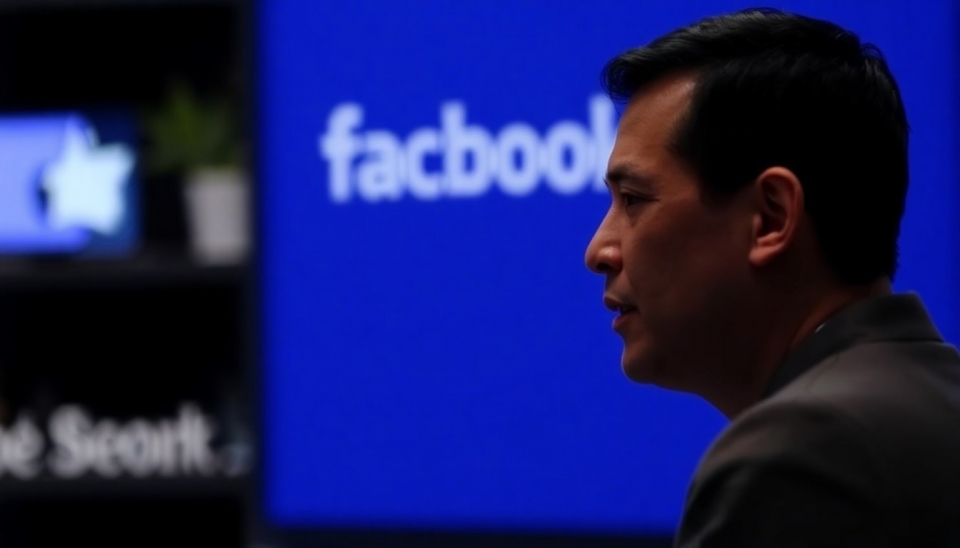
In a significant development for users of social media platforms in Europe, Facebook and TikTok are set to introduce a new system for resolving disputes between their services and consumers. This initiative comes in response to regulatory requirements aimed at enhancing consumer protection and ensuring fair treatment of users on these popular platforms. The European Commission has been advocating for better transparency and accountability from tech companies, especially as concerns about data privacy, misinformation, and harmful content continue to rise.
The new dispute resolution mechanism will act as a neutral intermediary or "referee," enabling users to address grievances they may have concerning their experience on the platforms. This system is particularly crucial for users who find themselves at odds with the policies or decisions made by these companies, whether it be content removal, account suspension, or other actions that may impact their usage of the platforms.
Facebook, owned by Meta Platforms Inc., and TikTok, a subsidiary of the Chinese company ByteDance, will each implement this mechanism in compliance with the EU's Digital Services Act (DSA). This legislation aims to create a safer digital space where the rights of users are upheld. Platforms are now required to have accessible procedures in place for users to challenge decisions made by the companies that could significantly affect their online presence.
The introduction of this mechanism signifies a substantial shift in how major social media networks interact with their users. It underscores the growing concerns among regulators and users alike regarding the power and influence these platforms hold over public discourse and individual expression. By implementing a neutral dispute resolution process, these companies are taking steps to foster a more transparent and user-friendly environment.
As part of this initiative, both companies will detail the procedures for users to file complaints and appeal decisions made by the platforms. This could include offering online forms, dedicated support teams, and clear timelines for resolution. European users can expect to see these changes coming into effect in the upcoming months, as both platforms work to meet the deadlines set by the European Commission.
This development not only aims to protect users’ rights but also places additional pressure on social media companies to review their policies and ensure they are not only compliant with regulations but also act in the best interests of their users. Both Facebook and TikTok are under scrutiny to maintain a balance between moderating content and ensuring freedom of expression, which is a critical component of user satisfaction.
Overall, the establishment of a neutral dispute resolution mechanism represents an important step forward for digital consumers in Europe. Users can anticipate a more equitable approach towards addressing their concerns, setting a precedent for other regions to follow suit. The hope is that this initiative will enhance user trust in social media platforms, thereby contributing to a healthier online environment.
As further details emerge about the implementation of this system, users are encouraged to familiarize themselves with their rights and the processes available to them. This resolution mechanism could ultimately play a significant role in shaping the future of how social media companies operate within regulatory frameworks, not just in Europe, but globally.
#Facebook #TikTok #DisputeResolution #ConsumerRights #DigitalServicesAct #SocialMedia #Europe #UserProtection #OnlineSafety
Author: John Miller




